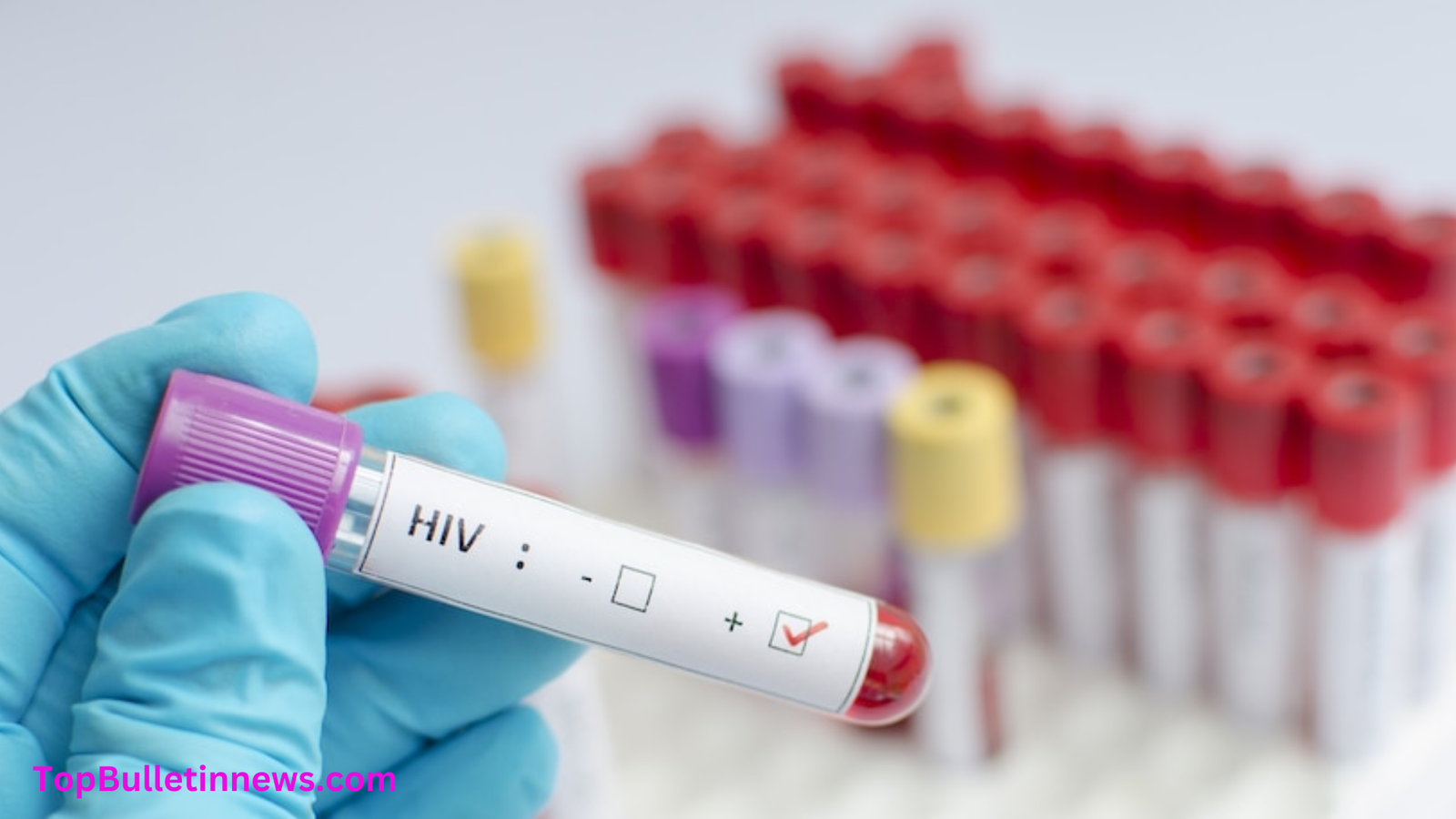World AIDS Vaccine Day 2024: Theme
World AIDS Vaccine Day, observed annually on May 18, serves as a critical reminder of the ongoing efforts and strides made in the battle against HIV/AIDS. This day not only honors the work of researchers, healthcare professionals, and volunteers but also highlights the importance of continuing the quest to develop an effective HIV vaccine.
Each year, World AIDS Vaccine Day is dedicated to a specific theme that reflects the current focus and priorities in the fight against HIV/AIDS. While the theme for 2024 has yet to be decided, past themes have underscored various aspects of HIV prevention and awareness.
In 2023, the theme was “Measure Your Blood Pressure Accurately, Control It, Live Longer.” This theme aimed to combat the lack of awareness about hypertension, urging people to take proactive measures to detect and manage this condition. This broader focus on health reflects the interconnected nature of managing chronic diseases and maintaining overall health, which is crucial for individuals living with HIV (National Today).

What is AIDS?
AIDS, which stands for Acquired Immunodeficiency Syndrome, is a severe condition caused by the human immunodeficiency virus (HIV). The term “acquired” signifies that the condition is not inherited but contracted through various means, such as unprotected sexual contact, sharing needles, or from mother to child during childbirth or breastfeeding. “Immunodeficiency” refers to the weakening of the immune system, and “syndrome” indicates a group of symptoms that collectively characterize the disease.
The disease was first identified in the United States in 1981, when health authorities reported an unusual cluster of cases involving rare infections and cancers among young gay men. This marked the beginning of a global health crisis that continues to impact millions of people worldwide.
HIV attacks the body’s immune system, specifically the CD4 cells (T cells), which play a critical role in maintaining the body’s ability to fight infections and diseases. If HIV is not treated with antiretroviral therapy (ART), it progressively weakens the immune system, leading to AIDS. AIDS is the final and most severe stage of HIV infection, characterized by a critically low number of CD4 cells and the onset of opportunistic infections or cancers that take advantage of the body’s compromised immune system.
Without treatment, individuals with AIDS have a significantly reduced life expectancy, as their bodies become increasingly unable to fend off common illnesses and infections. However, with proper medical care, including ART, individuals living with HIV can manage the virus effectively and prevent the progression to AIDS, leading to a near-normal life expectancy.

World AIDS Vaccine Day: History
World AIDS Vaccine Day, observed annually on May 18, was first marked in 1998 following President Bill Clinton’s 1997 call to develop an HIV vaccine. The day aims to raise awareness about the need for an HIV vaccine and honors the efforts of researchers and volunteers dedicated to this cause. It emphasizes the importance of global collaboration and community engagement in advancing vaccine research and combating HIV/AIDS.
World AIDS Vaccine Day 2024: Significance
World AIDS Vaccine Day, observed on May 18, underscores the critical need for an HIV vaccine and recognizes the efforts of researchers and volunteers dedicated to this mission. The day serves multiple purposes:
- Raising Awareness: It educates the public about the importance and challenges of developing an HIV vaccine, fostering greater support for research efforts .
- Recognizing Contributions: The day honors the dedication of scientists, healthcare professionals, and trial volunteers who are crucial to the progress in HIV vaccine development.
- Promoting Continued Research: Emphasizing the necessity of ongoing innovation, World AIDS Vaccine Day keeps the momentum in the scientific community for exploring new approaches to overcome HIV’s complexities.
- Encouraging Global Collaboration: It highlights the importance of international partnerships among governments, research institutions, and communities to share knowledge and resources, ensuring advancements benefit all populations .
- Inspiring Hope: The day reinforces the commitment to ending the HIV epidemic and inspires hope for an HIV-free future through sustained effort and collaboration.









